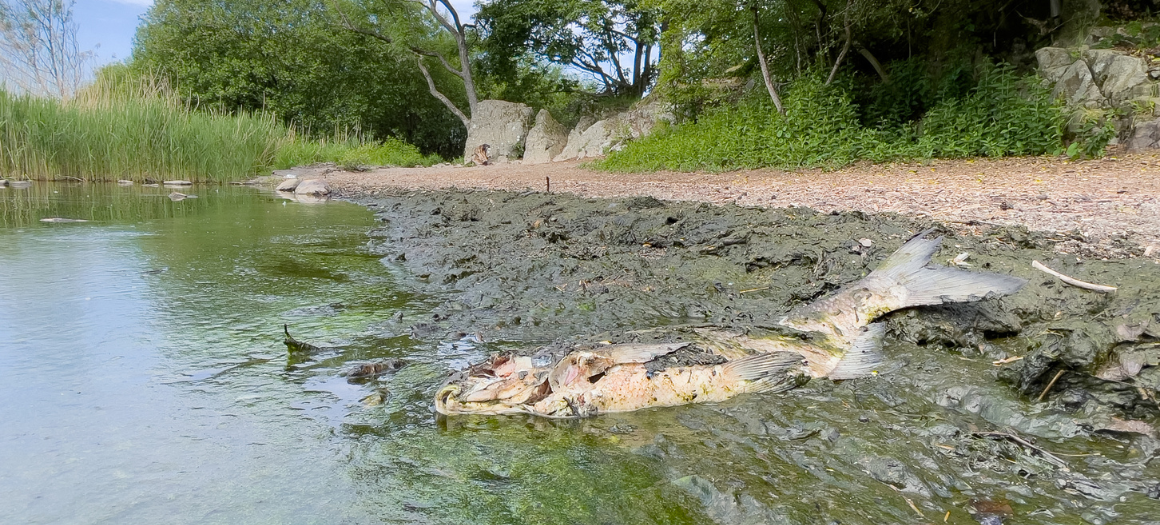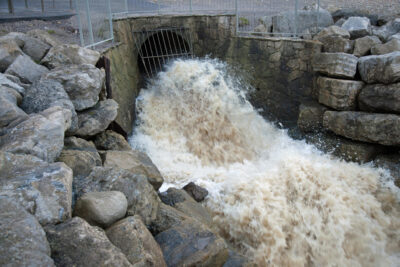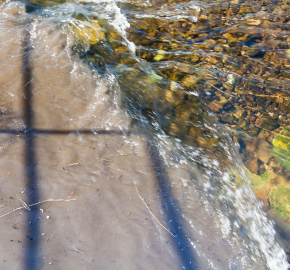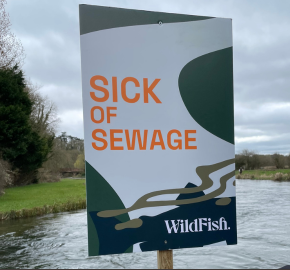Water companies ordered to publish data on sewage works performance

A recent decision from the Tribunal means that Northumbrian Water (and all the other water companies) can no longer use the Ofwat and Environment Agency criminal investigation as an excuse to hide the truth about their polluting activities.
Huge congratulations are due to Stephen Lavelle and the Whitburn Neighbourhood Forum for taking on the refusal of Northumbrian Water to divulge key monitoring and performance data concerning its sewerage infrastructure near Whitburn.
Like most water companies, Northumbrian Water has been trying over the last three years to hide its awful performance behind the cloak of the joint Environment Agency and OFWAT investigation into what appears to be widespread breaches of permits at 2000+ sewage works.
That investigation began in 2021 but it is still running.
Let’s be clear here.
If it wasn’t for campaigners such as Stephen Lavelle, or Professor Peter Hammond, or other determined individuals getting access to key data in the first place, and then revealing the horrific extent of water company illegality, the Environment Agency and OFWAT joint investigation would not exist.
Since 2021, most water companies, like Northumbrian Water, have been arguing that they can’t give out detailed sewage works data, because it might affect the course of justice and their ability to receive a ‘fair trial’ if the public could see just how polluting their activities have been. A convenient excuse which no doubt suits the regulators too, when so much illegal pollution has been continuing on their watch.
But now the Tribunal has blown their cover.
Following Mr Lavelle’s appeal, the Tribunal ruled decisively on 26 April 2024 that the Information Commissioner had been wrong to support Northumbrian Water’s refusal to publish information on sewerage infrastructure, and that its performance should be in the public domain.
It is, as the Tribunal suggests, vital that the public has access to environmental information. The legal right to such information enables comparisons to be made between the ‘sanitised’ datasets, that are willingly provided by polluters, and truth of what is happening, which is often hidden in the underlying detailed operational data.
The water companies must now realise they have nowhere left to hide their polluting activities. They should not try to appeal this Tribunal decision. They are public authorities for the purposes of the Environmental Information Regulations 2004. They have a duty proactively to publish information that they hold. There is a massive public interest in knowing exactly how they are running their sewage works and sewerage infrastructure. The game is up.
Stephen Lavelle’s persistence, taking the matter to the Tribunal, is to be applauded. He has done the rivers and coastal waters of England and Wales a huge favour and we will all benefit.
WildFish itself has a joint complaint in with the Information Commissioner, made with Professor Peter Hammond, over the refusal of Severn-Trent Water to provide data. After the Tribunal’s decision, we are confident that Severn-Trent Water will be forced to divulge the information we jointly requested.
The same should now go for the Environment Agency, which has been doing exactly the same with key data it holds.
WildFish is currently seeking monitoring data relating to the ongoing sewage discharges at the Fullerton sewage treatment works into the River Test. The Environment Agency has refused to provide that data on the same basis that Northumbrian Water tried to use against Stephen’s requests.
Let’s hope the Tribunal’s decision now changes how both water companies and the Environment Agency deal with such requests. If it doesn’t, WildFish will be following Mr Lavelle into the Tribunal.




